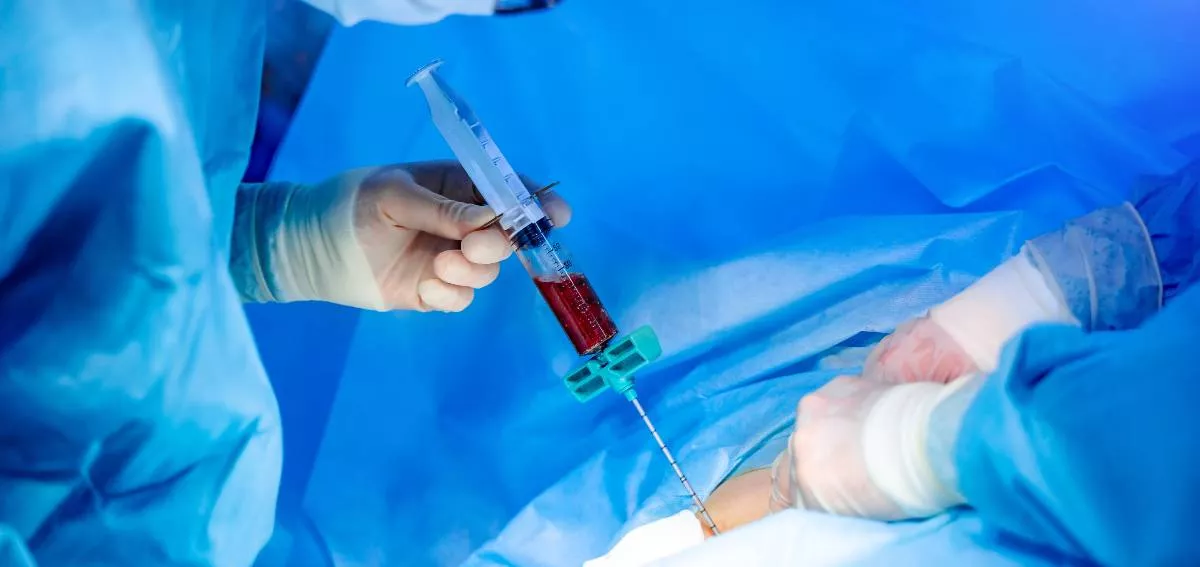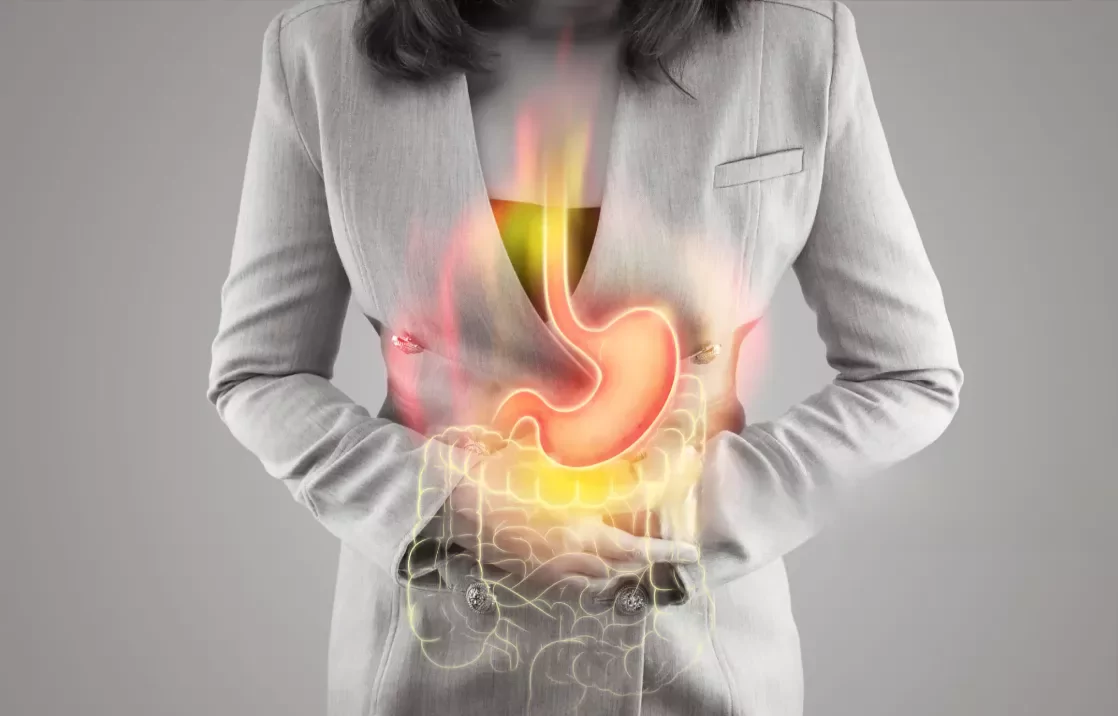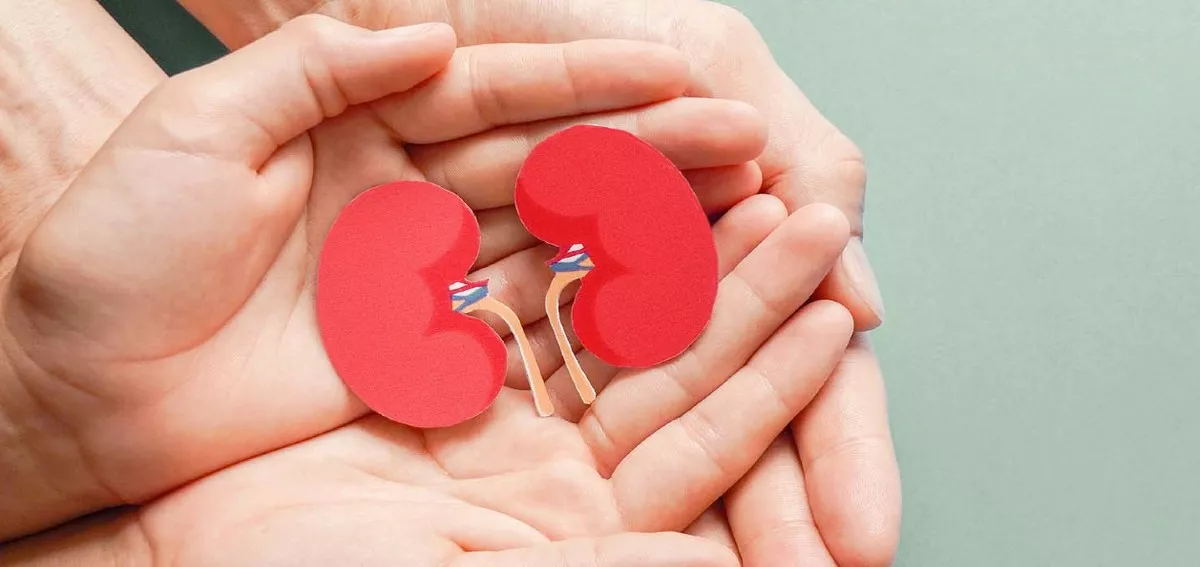What is a bone marrow transplant ?
This is a kind of procedure where healthy blood-forming stem cells are infused into your body to replace the damaged bone marrow. Also, stem cell transplant is another name for bone marrow transplant.
In addition, a stem cell transplant can be lifesaving and at the same time make you experience a plethora of emotions. It is advisable that you surround yourself with a good support system like lot of friends and family, who will help you get through this procedure.
Different types of a bone marrow transplant
- Allogeneic transplant
- Autologous transplant
Why is this procedure performed ?
A bone marrow transplant is performed to:
- Safely treat your condition with high doses of chemotherapy or radiation by rescuing or reducing the damaged bone marrow.
- Provide you with new stem cells, they have the capability to kill cancer cells directly.
- Replacing the damaged or diseased marrow with new stem cells.
- With the help of a bone marrow transplant, people with cancerous (malignant) and noncancerous (benign) can benefit, which includes:
- Acute leukaemia
- Hemoglobinopathies
- Chronic leukaemia
- Adrenoleukodystrophy
- Hodgkin's lymphoma
- Bone marrow failure syndromes
- Aplastic anaemia
- Multiple myeloma
- Immune deficiencies
- Inborn errors of metabolism
- Myelodysplastic syndromes
- Primary amyloidosis
- Non-Hodgkin's lymphoma
- Neuroblastoma
- Plasma cell disorders
- POEMS syndrome
How to evaluate and prepare for a bone marrow transplant ?
First, you will be evaluated to find out if you are eligible to get a bone marrow transplant. As you might be aware, a transplant can be very hard on your body. For a lot of people it can be a cure but the toll it might take on you can be worrisome. You must weigh the benefits and risks before you start with your treatment. Make sure to ask the bone marrow transplant specialist in Bangalore all the questions you have pent up inside or with a trusted family member.
Furthermore, the transplant can be an emotional journey. They also require staying in the hospital, being isolated, and then there’s a high chance of side effects. Although most of the effects are short-lived some can last for years. However, your care team at Bangalore will work 24*7 to make sure that you are comfortable. Many Haematologists in India also emphasize the importance of preparing mentally and physically before the procedure to improve recovery outcomes.
Before the surgery, different medical tests will be performed, followed by some questions to figure out how well you can handle the transplant procedure. Tests might include:
- Blood tests, like blood count blood chemistries, screening for viruses such as B, CMV, HIV.
- MRI (magnetic resonance imaging) and CT (computed tomography) scan.
- HLA tissue typing
- Go through complete health history and conduct a physical exam
- Try to identify who will be your primary caregiver throughout the transplant procedure
- Take a psychological and emotional test
- Conduct a bone marrow biopsy (a medical procedure that happens in the hospital)
- Conduct heart tests, like EKG (electrocardiogram) or echocardiogram
- Do lung studies, which means a chest x-ray and PFTs(pulmonary function tests)
The recovery period for bone marrow transplant
The first 30 days after the transplant, the medical team will monitor you for signs that show that the transfused cells have migrated to the bone marrow and are now producing new and healthy cells. This process is known as “engraftment.” You may get to hear the term “bone marrow engraft” a lot as the team monitors your blood for populations of platelets and white blood cells. In some situations, engraftment may happen after 30 days post-transplant. The team that is taking care of you will keep you informed of the process.
You may be required to stay in the hospital until engraftment is done. In case you are not hospitalized during this period, it is advised to stay close to the hospital for regular checkups.
Once you are done with the engraftment, you can leave for home but still a lengthy recovery procedure awaits you. It is common to feel weak and tired for around 6 months to a year post surgery. Although recovery time may vary from one person to another. The best practice here is to stay in touch with the care team for support and guidance.
Not to forget, during the recovery period your body is highly susceptible to infection. To act as a protection, you will be on antibiotics for the initial weeks. In case you are not in the hospital, call your doctor if you develop any of the following signs and symptoms of infection:
- Non-stop cough
- Feeling weak
- Bloody or frequent diarrhoea
- Facing breathing issue while at rest
- Fever, chills and sweats
- Facing issues while eating or drinking
- Redness or swelling around IV (needle) insertion point
- Nausea that prevents you from drinking or eating
- Severe abdominal pain and headache
- Vomiting
Final Note
One of the best bone marrow transplant hospital in Bangalore is there to help you every step of the way, even if the transplant took place months back. It is of paramount importance to keep the doctors updated and let them know in case of any problems. They can help you know if these problems are a normal reaction or serious and might require the attention of the doctors immediately.










